What is Health Literacy?
by Pamela Dow, MS, PHR, SHRM-CP, Thrive Healthcare Fellow
You have likely heard the term health literacy before, but what exactly does it mean? According to the Health Resources & Services Administration, health literacy is the extent that individuals can obtain, process, and understand basic health information in order to make appropriate health decisions. However, health literacy is low among several groups, including low income, older adults, minority populations, and those who are medically under served. Unfortunately, many people fall into multiple categories (HRSA, 2019).
There are two types of health literacy: personal health literacy and organizational health literacy. The personal health literacy definition is outlined above. However, organizational health literacy is also important to define. Organizational health literacy is the ability for organizations to equitably enable individuals to inform health-related decisions and actions for themselves (and others) by helping them find, understand, and use information and services effectively and correctly (CDC, 2021). Importantly, the U.S. Department of Health and Human Services updated the language used in the definition only recently in August 2020. The new operational definitions encourage the use of the information (not just understanding it), the ability to make well-informed decisions (not just appropriate decisions), and emphasized that organizations have a responsibility to health literacy (not just individuals) (HHS, 2021).
There are unfortunately several barriers to both personal health literacy and organizational health literacy, and they go hand in hand. As outlined above, several groups are at a disadvantage when it comes to health literacy, and many fit into multiple groups. While cultural barriers, limited English proficiency, and low educational skills are key barriers, there is also a high prevalence of health care providers using jargon that patients do not understand (HRSA, 2019). This, of course, is incredibly difficult in those with low English proficiency or low educational skills.
In order to combat health literacy, health care providers can start with identifying patients who may have low health literacy and address their needs in different ways. For example, health care providers can limit the use of jargon, and instead use short, simple, and easy to understand language to ensure that patients both understand and know how to use the information. Other recommendations include providing supplemental information in the patient’s first language, in audiovisual, models, or pictures, or by asking patients to teach back what was told to them (HRSA, 2019).
Over the next several years, look for health care providers to check for patient understanding, involve patients in decision making, increase medical record accessibility and understanding, and explain things more clearly to patients with limited English proficiency. Ideally, health literacy will increase across the population and patient communication with health care providers will continue to increase. We all have a role to play in population health and health literacy, from health care providers, nonprofit managers, to public administrators.
More resources on health literacy for all can be found here: https://www.cdc.gov/healthliteracy/learn/Understanding.html
Additional resources on how to develop appropriate materials can be found here: https://www.cdc.gov/healthliteracy/developmaterials/index.html
Training resources for health literacy can be found here: https://www.cdc.gov/healthliteracy/gettraining.html
References:
Centers for Disease Control and Prevention (May 19, 2021). What is Health Literacy? https://www.cdc.gov/healthliteracy/learn/index.html
Health Research & Services Administration (August 2019) Health Literacy. https://www.hrsa.gov/about/organization/bureaus/ohe/health-literacy/index.html
U.S. Department of Health and Human Services (August 24 2021). Health Literacy in Healthy People 2030. https://health.gov/our-work/national-health-initiatives/healthy-people/healthy-people-2030/health-literacy-healthy-people-2030
